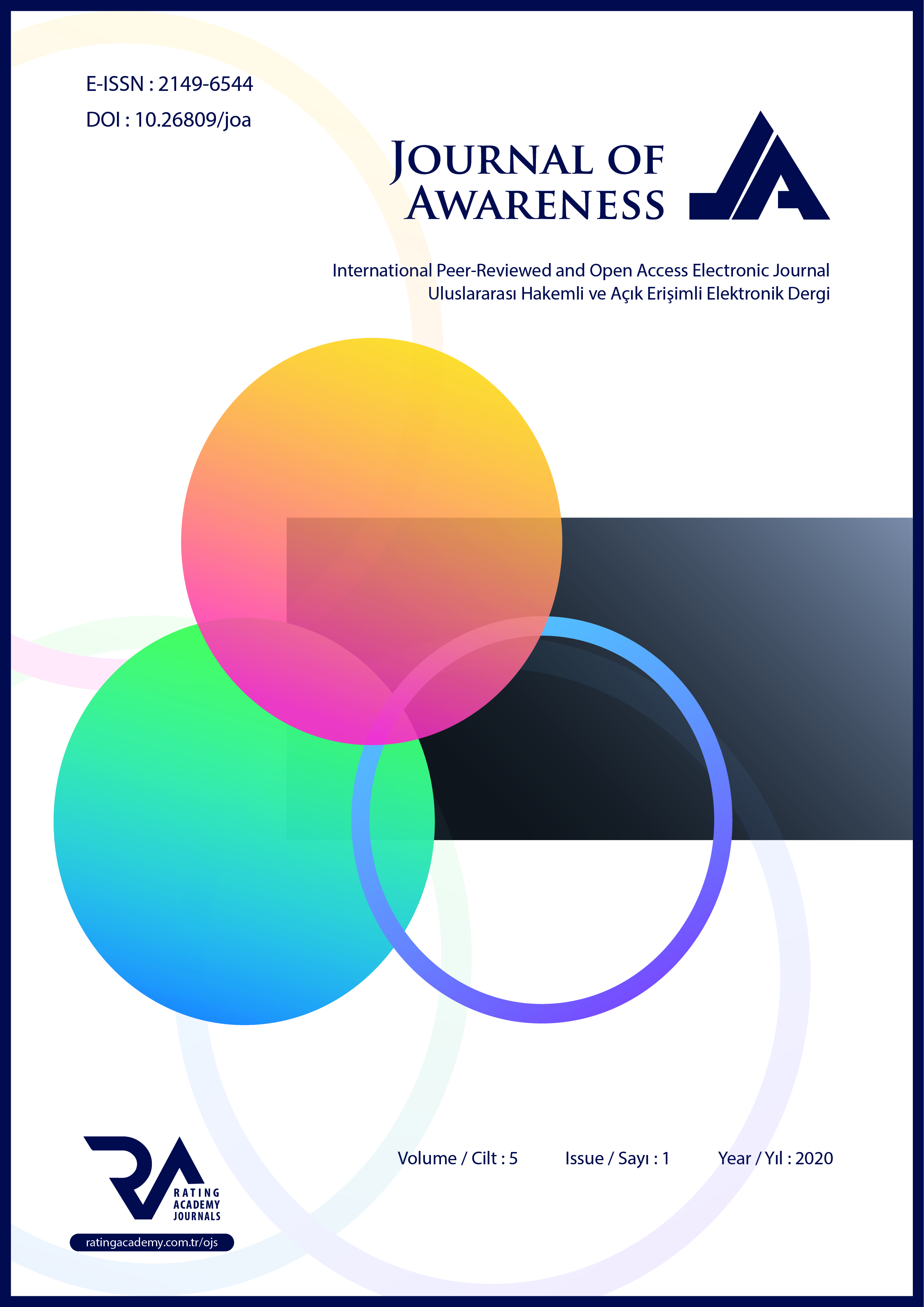HEGEMONYA VE SINIF(SIZLIK) BİLİNCİ
HEGEMONY AND THE CLASS(LESSNESS) CONSCIOUSNESS
Author(s): Meral ÇakirSubject(s): Media studies, Social differentiation
Published by: Rating Academy
Keywords: Mass Media; Hegemony; Class Consciousness; Middle Class; Social Consciousness;
Summary/Abstract: Continuity of the hegemony is largely achieved by the socialization process and construction of the social consciousness in the process.While hegemony provides a window to see the world through the eyes of the ruling class, it also prevents ideas that are harmful to it from spreading, studied and accepted. So it is unrealistic to expect a social consciousness that was constructed in favor of the ruling class to include class consciousness. Foundation of the class consciousness is the feeling of belonging to a class. However the class consciousness is a threatening element to hegemony. So this study was done believing that social consciousness acts for the continuity of the hegemony, based on ''an ordinary person doesn't have a clear 'social class concept' in their mind, which brings belonging feelings and class consciousness, the notion is vague in their minds.'' hypothesis. In a research that was conducted between March-July 2019 by stratified random sampling method, the participants were asked in an open ended way ''Which class do you feel belonging to?''. Instead of a question aiming to make the participants choose between multiple answers of already existing class templates, the open ended question aimed to discover what the participants know about class structures that are used in defining them and how they interpret these classes in their minds. During the study it has been observed that one third of the participants didn't have a meaningful interpretation of the class concept corresponding in their minds thus being unable to answer the question. Nearly half of the participants who answered the question stated they think themselves as ''middle class''. Among the participants who stated they belonged in the ''middle class'', it is remarked that a quarter of them never once bought a book, 31 percent never visited the theatre, 6.7 percent never traveled out of their city and 5 percent never dined in a restaurant in their lives. When evaluating the income level of the participants who thought they belonged in the ''middle class'', it was discovered that 45.3 percent of the participants were of minimum wage to lower or no income for themselves while 51 percent of the participants had an income of minimum wage to 6k liras which showed that over half of the participants who thought themselves belonging in ''middle class'' were on the border of the poverty threshold. When factors like education, income level, social and cultural way of life considered, it was understood that the participants who gave the response ''middle class'' were implying the middle class of their vicinity, not the middle class defined by ranking of 20 percent income groups.
Journal: Journal of Awareness (JoA)
- Issue Year: 5/2020
- Issue No: 1
- Page Range: 35-64
- Page Count: 30
- Language: Turkish

